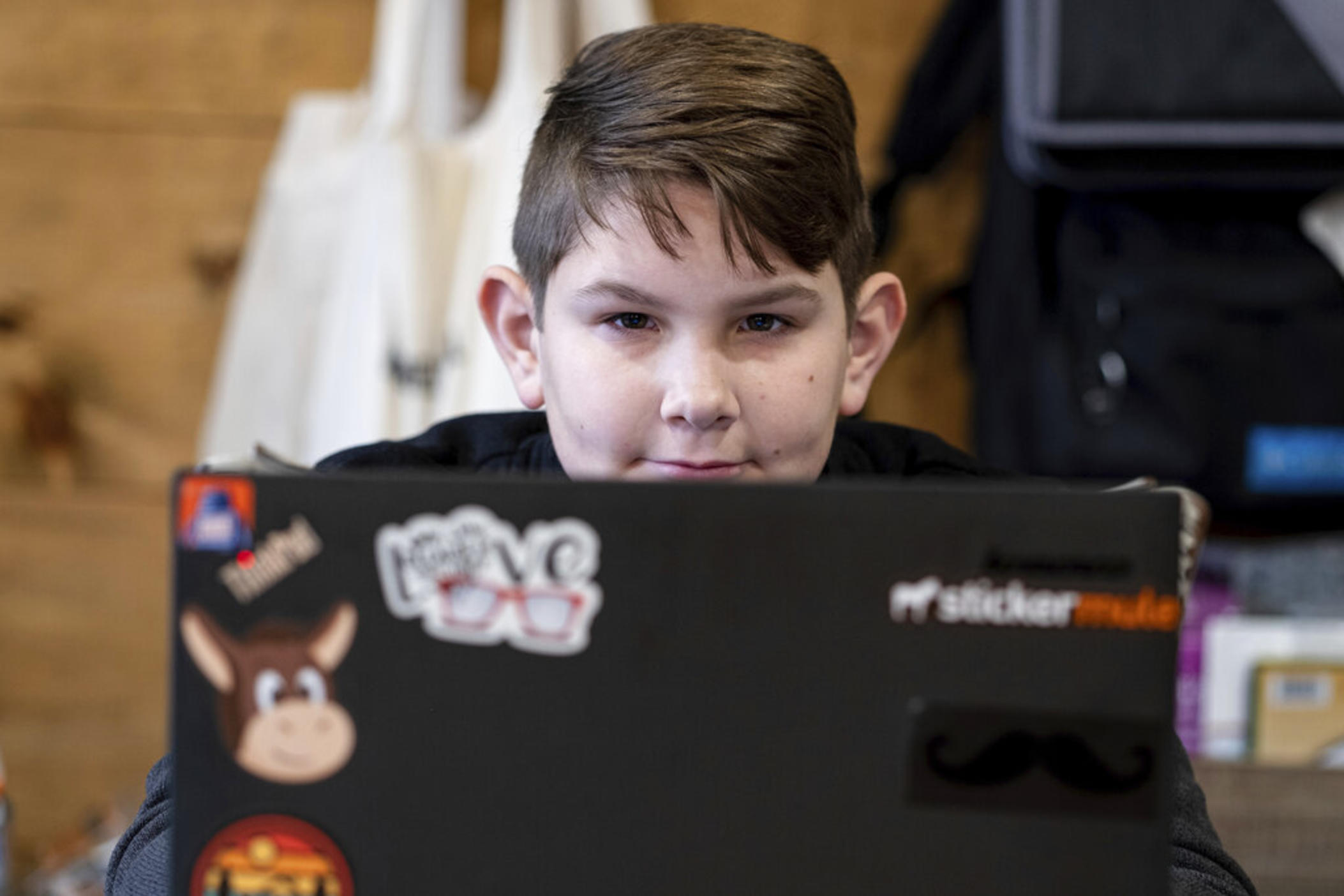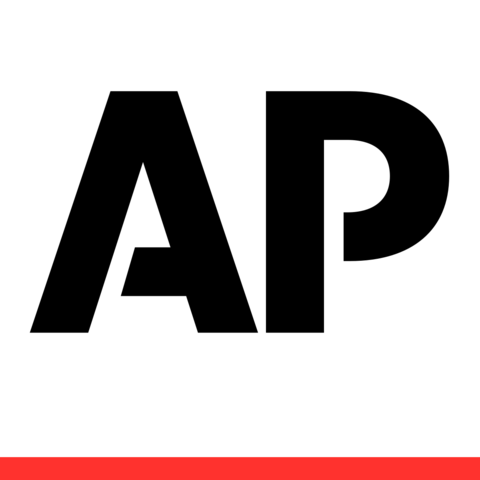Section Branding
Header Content
Some Georgia Republicans who sank an education voucher bill in 2023 aren't changing their minds
Primary Content
On the last day of Georgia's 2023 legislative session, 16 mostly rural House Republicans defied pressure from Gov. Brian Kemp and conservative groups to defeat an education voucher plan.
Proponents have been lobbying since then to flip six votes to reverse the measure's 89-85 loss, in which all other "no" votes came from Democrats.
But as Georgia lawmakers return Monday, some GOP naysayers haven't budged.
"I'm just not ready to give up on public education as we know it right now," said Rep. J. Collins of Villa Rica, who added that "taking away money from public education is not the answer."
The Georgia push is part of a nationwide GOP wave favoring education savings accounts following the pandemic and fights over what children should learn in public schools. But school choice hasn't been a given in all Republican states. Texas Gov. Greg Abbott's year-long voucher push foundered, also sunk by rural GOP opponents.
Georgia's proposed $6,500 could pay for private school tuition, home schooling supplies, therapy, tutoring or even early college courses. Under last year's proposal, school districts would keep local property taxes. But opponents still fear a resource drain, reducing state aid with every departing student and leaving remaining students worse off.
"Once you start pulling students out, you're cutting teachers, and as you cut those teachers, you cut the services to the other students," said Rep. Gerald Greene, a Republican from Cuthbert.
Senate Bill 233 is still pending in the House Education Committee, and could re-emerge quickly if a majority materializes, said Kyle Wingfield, president and CEO of Georgia Public Policy Foundation, which supports vouchers.
"I believe there's enough movement, given changes to the bill, that you can get there," Wingfield said.
One possible change is ditching a framework making children eligible only if they are served by schools scoring among the lowest 25% on the state's academic rating. Opponents say that feels like penalizing schools.
"We have struggling schools to begin with, and everybody said, 'Well, that's a reason to vote for it.' No, it's not," Greene said. "Let's see what we can do to help these schools in southwest Georgia."
Wingfield disagreed, saying vouchers would "nudge" schools to compete and improve.
"It's really more about how do you fit the needs of the individual child, which may or may not be in a traditional public school," he said.
The Republican Kemp entered the fight in the 2023 session's closing days, but couldn't push through a measure that would burnish his conservative credentials. Republican House Speaker Jon Burns of Newington also backs the plan but isn't trying to force fellow Republicans to support it.
Republican State Reps. Danny Mathis of Cochran and Beth Camp of Concord both said their biggest concern is accountability for state money.
"We don't have any say-so in what private schools do and how they're set up, how their teacher are hired, how they test," Cochran said.
Camp said she wants spending audited, whether that's checking receipts of a homeschooling parent or an accountant examining a private school's books.
"If we're going to give other organizations state money, then we need to make sure there's some level of oversight," said Camp, who said she's had "positive conversations" with supporters about requiring audits.
Some pro-voucher groups warn Republican opponents could face a backlash in GOP primaries as they seek reelection this year.
Late House Speaker David Ralston killed another voucher bill in 2022 after a group sent mailers suggesting some Republicans would "give in to the radical left" if they didn't support vouchers.
Cole Muzio, president of the conservative Frontline Policy Council, said Republican primary voters want "real leadership" on the issue.
"Elections can be a dynamic changer in that discussion," Muzio said. "I think we had some really good people that voted 'no' on school choice and I'm really hoping that they change their vote."
But GOP opponents say they don't fear political recriminations.
"As a matter of fact, my district is totally OK with public education, even though we know that there are areas that need to be fixed," Mathis said.


